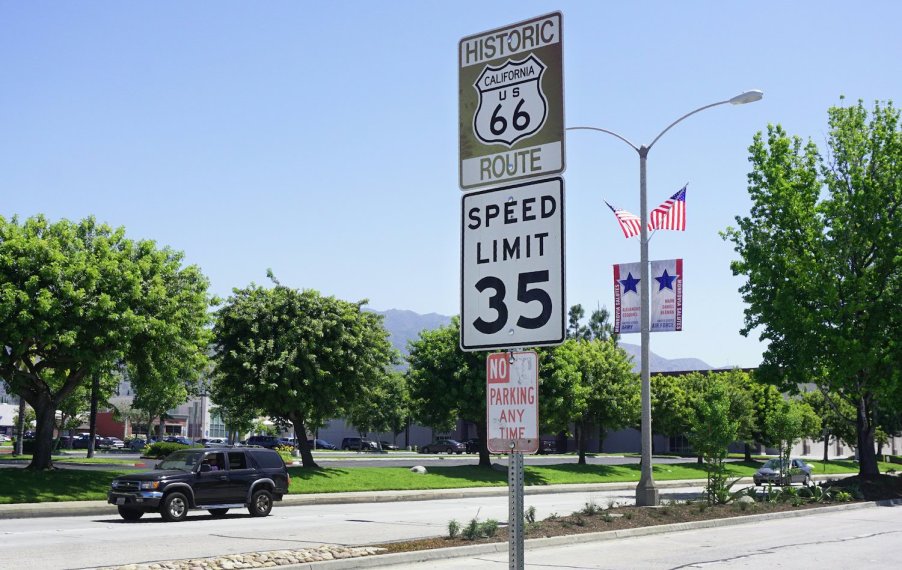
Are Higher Speed Limits Safer?
Speed limits. We all know what they are. We also know that we’re supposed to follow them every time that we get behind the wheel. But how are speed limits actually calculated and are higher speed limits safer? Let’s find out.
How are speed limits calculated?
According to Interesting Engineering, speed limits are calculated by a public authority that has gathered recommendations from traffic engineers. The public is often asked for their opinion too. Local law enforcement is then responsible for enforcing the speed limits.
Overall, you can expect speed limits to vary based on their location. While most city streets have a 25 mph limit, country roads often have limits of 50 mph. Meanwhile, highways typically have limits of 60 mph. Specific speed limits are typically set at a state level but can be changed at the discretion of local authorities, reports Interesting Engineering.
The argument for raising speed limits

Over the years, many states have increased speed limits. As you might have guessed, this begs the question of why speed limits need to be raised. In many cases, it all comes down to convenience and traffic flow. Who wants to drive on a straightaway at 55 mph when you could, presumably, drive safer at a much higher level of speed?
Unfortunately, AAA reports that even small speed increases can have dire consequences. Not only do higher rates of speed render certain safety features useless, but the faster a car is moving, the more likely it is to sustain significant damage. Fast-moving crashes can result in more significant injuries too.
Are higher speed limits responsible for more deaths?
There’s no denying that speeding carries its risks. In fact, according to the NHTSA, in 2018, speeding was responsible for killing 9,378 people. While that figure does represent a 6% drop when compared to previous years, it’s still pretty frightening.
It might even have you asking if higher speed limits are responsible for more deaths. Sadly, the IIHS reports that they might be. In fact, a study from the IIHS showed that rising speed limits over the past 25 years have attributed to nearly 37,000 deaths.
More specifically, the IIHS’s study found that a 5 mph increase in the maximum speed limit was associated with an 8% increase in interstate and freeway fatalities. Higher limits were also responsible for a 3% increase in fatalities on other roads.
“About 10,000 people a year die in speed-related crashes,” IIHS President David Harkey said. “We can reduce this toll through effective, high-visibility enforcement and traffic engineering measures. Reasonable speed limits also have a crucial role to play, as our new study demonstrates.”
The case against going faster is a strong one
Higher speed limits may be more convenient but, as it turns out, they aren’t necessarily safer. To keep you and your family safe on the road, we recommend traveling at a safe speed and obeying all traffic laws.



